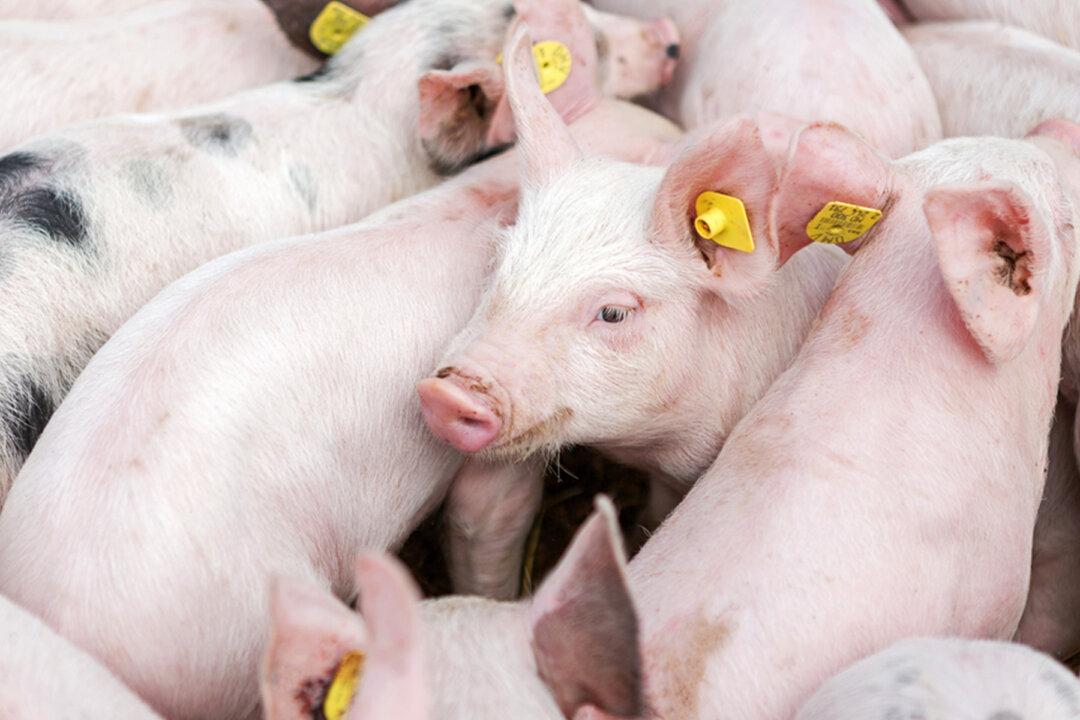U.S. hog farmers are facing crises as outbreaks crop up close to meatpacking plants across the Midwest. With no place to send their animals, farmers are making the heartbreaking decision to exterminate and dispose of millions of pigs without processing them into meat.
“Killing animals and the food they represent goes against every instinct [farmers] have,” Jim Monroe, assistant vice president of communications for the National Pork Producers Council (NPPC), told CBS News.





